The two dirty words that helped shape my identity
October is National Bullying Prevention Month. Hundreds of children across the country are bullied every single day. In certain cases, it has to do with their race or the us versus them mentality. Here’s my story.
I’m about to share one of the defining moments of my childhood. Powerful and poignant, hidden in a cupboard my entire life, that is, until now. I was seven years old. Scared, intimidated and frightened.
It was a chilly Montreal winter afternoon and I was riding the school bus home as I did every day. Holding on to my mitts and scarf, I glanced behind me. There they were, staring back at me, the two brothers. They stared me down with a look that used to send chills down my little spine. I knew what would be coming. It happened just about every day at that point. As much as it petrified me, I knew what to expect. I got off the bus when it came time for my stop, glancing behind me and trying to move fast. I looked up at my house on the adjacent street, could I make it if I ran? I started to make my way past the giant mountain of snow piled up on the street corner, taller than I, its coldness I can still feel.
What came next is something I have hidden from for a long time. First, one of the boys grabbed my bag. Taking hold of the strap of my green school bag that fit snuggly against my pink snowsuit, he swung me around. The other boy came next, taunting and screaming at me “Dirty Paki.” There. I said the words. The horrendous words that have haunted me for years. The words I heard all too often for years growing up. My middle upper class upbringing didn’t buffer me. The fact that I was only one of a handful of coloured students in my school only highlighted me as a target for their insecurities, fears, rage, or general malaise. The brothers swung me around a couple of times before stuffing my face in that ice cold snow bank. They pulled my pink and purple tuque off, stuffed it full of snow and put it back on my head. My hair was soaked as was my face from the cold snow and prickly hot tears pouring down. There was no point screaming, they did not stop until they satisfied that sick, twisted thirst of theirs to torment me.
Why? Not that there’s ever a justification for it, but because I was different. At seven years old, I apparently deserved it, or so they told me. I had tried getting off one bus stop ahead or behind, walking an extra block to avoid them, but once I passed that corner, they’d be there waiting for me.
What made that day different? The horrific look on the face of my mother. She had anger in her eyes. You see, on this particular day the brothers decided to hold my face in the snow for an extra few minutes. My mother had no idea, and stepped out to look for me. She saw me, heaving and slumped over, trying to hold my mittens to my face and wipe away the tears. The brothers had run off by that point, they knew the drill pretty well by then.
My mother held me and I cried. Up until that point I had been silent. I had not spoken up out of fear of retribution. Would I get in trouble? Had I done something wrong? I had tried telling them I was born in Canada, in Montreal. I was not born Pakistani, or Paki, as they preferred. I tried justifying myself only to hear them tell me, of course I was a paki, I was brown and that made me dirty.
Twenty three years ago. I still remember the way that made me feel. The boys were later dealt with by the principle and suspended from the bus but their actions stayed with me for all these years.
The feeling of not belonging, of having to justify myself to them, of being insulted so humiliatingly lingered with me. It stayed with me on and off during high school. While things improved, the occasional jerk would taunt me with those same haunting words: “Dirty Paki.”
It made me question my roots for some time. To figure out who I really I am. Am I Canadian? I’m born in Montreal, is that good enough? What more do I have to prove? It took me years to come to terms with my identity and to speak up against those foolish enough to think otherwise.
Times have changed but in some ways they have remained the same. We are now raising our own children in Montreal, and not far from where I grew up.
Recently, my daughter came home and told me a boy in her class had told her she must be Indian. She told him no actually she is Canadian. He told her no, she must be Indian, she is brown. She told him, actually no, I am Canadian, I was born in Toronto. He responded that nope, he is pretty sure she is Indian ‘cuz her mom must have been born in India. She responded that actually nope, her mom was born in Montreal.
We live in the best country on the planet. Our cultural fabric is comprised of a mosaic of cultures and traditions . We embrace integration not assimilation yet there are still many who fear that which they do not know.
In my instance this traumatic event challenged me to question my identity and realize I have nothing to be ashamed of. I honour and respect my parents and the millions of others before them for leaving their families behind and traveling across the globe to start a new life. Unless we are of the Native, we are all immigrants. No one has any superior right over the other. It is the subtleties of our differences that makes us unique, strong and beautiful.
I had tucked this story away on the back shelves of my memory bank but chose to finally share it for the thousands of others that have suffered. I refused to let those words define me. For years they led me to question who I was. Somewhere deep within that cold, icy snow bank, two dirty words helped shape my identity and strengthen my red and white pride and that is something no bully can ever take away.
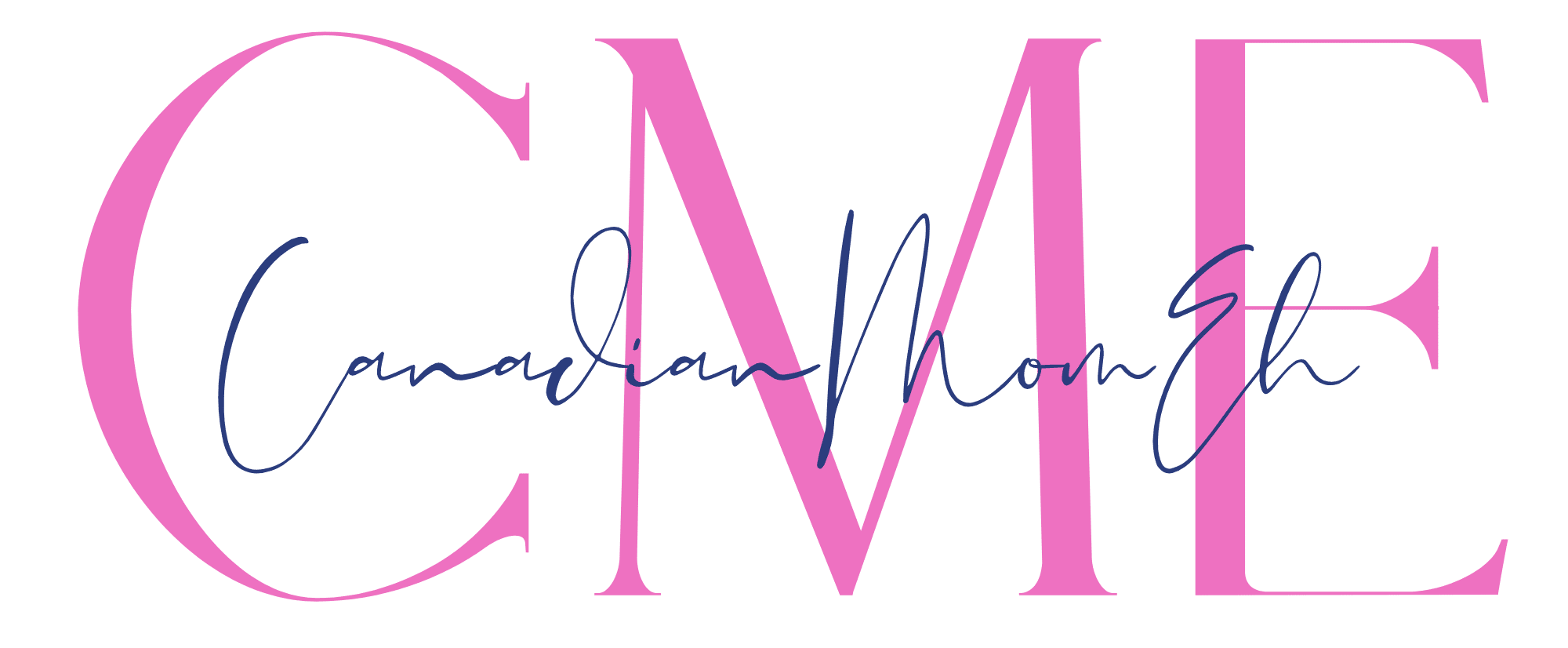
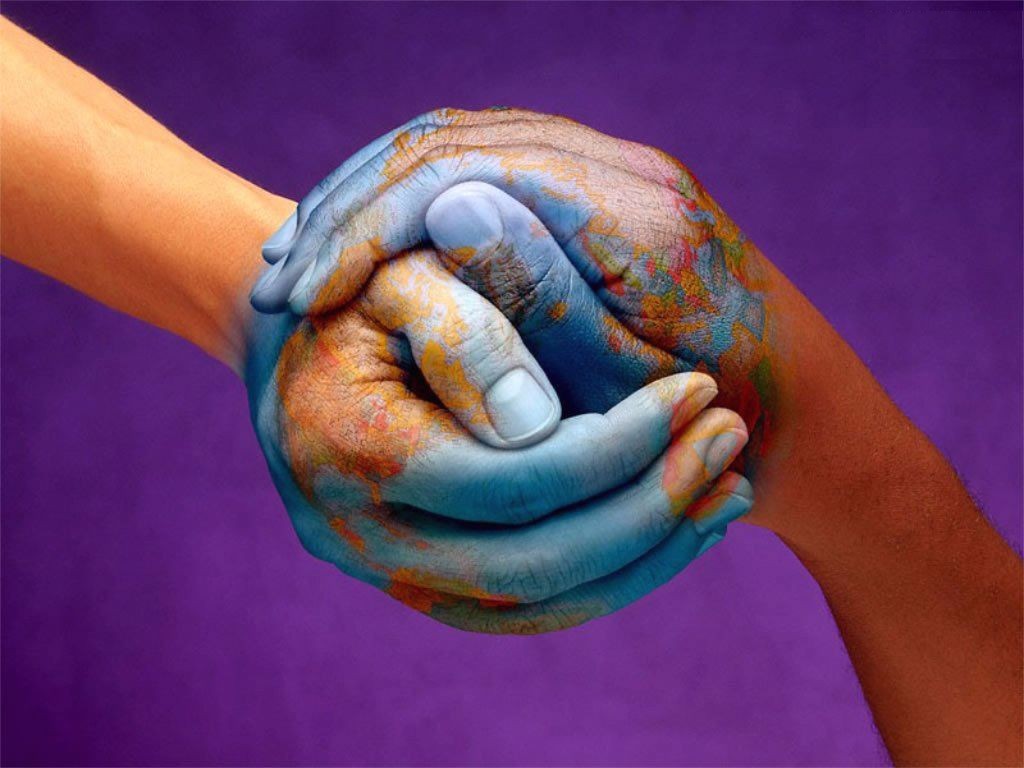
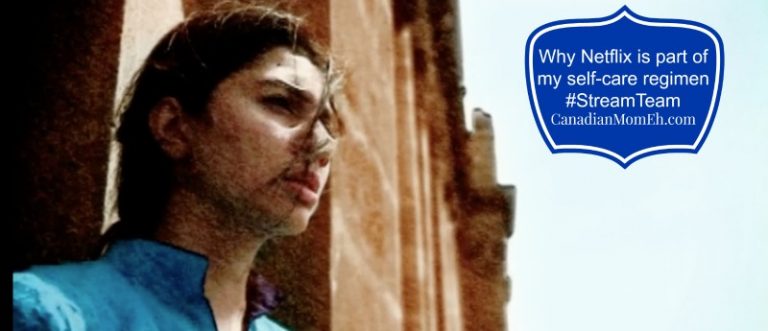


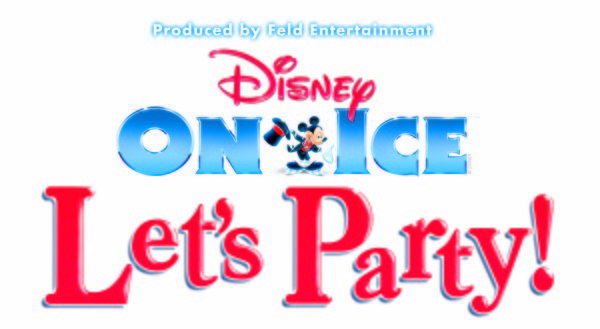
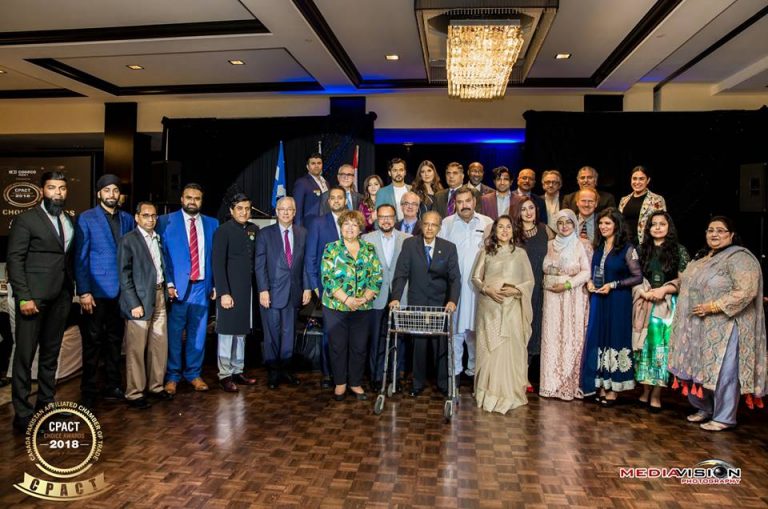
Great piece of writing Fariha. The revealed secret gave me goosebumps, I must say the pressure you went through all those years, made you a precious diamond.All my best wishes for you.
Thank you so much for your kind words. I felt it was time to tell my story.
Although I’ve never experienced such severe racism and assault, I could feel the fear, shame, courage and strength of that little girl as though I was there myself. An emotional read that has formed you into a formidable writer and woman.
Thank you so much Sheba.
Fariha I am so proud of you for sharing your story.
Thank you Patty. It means a lot.